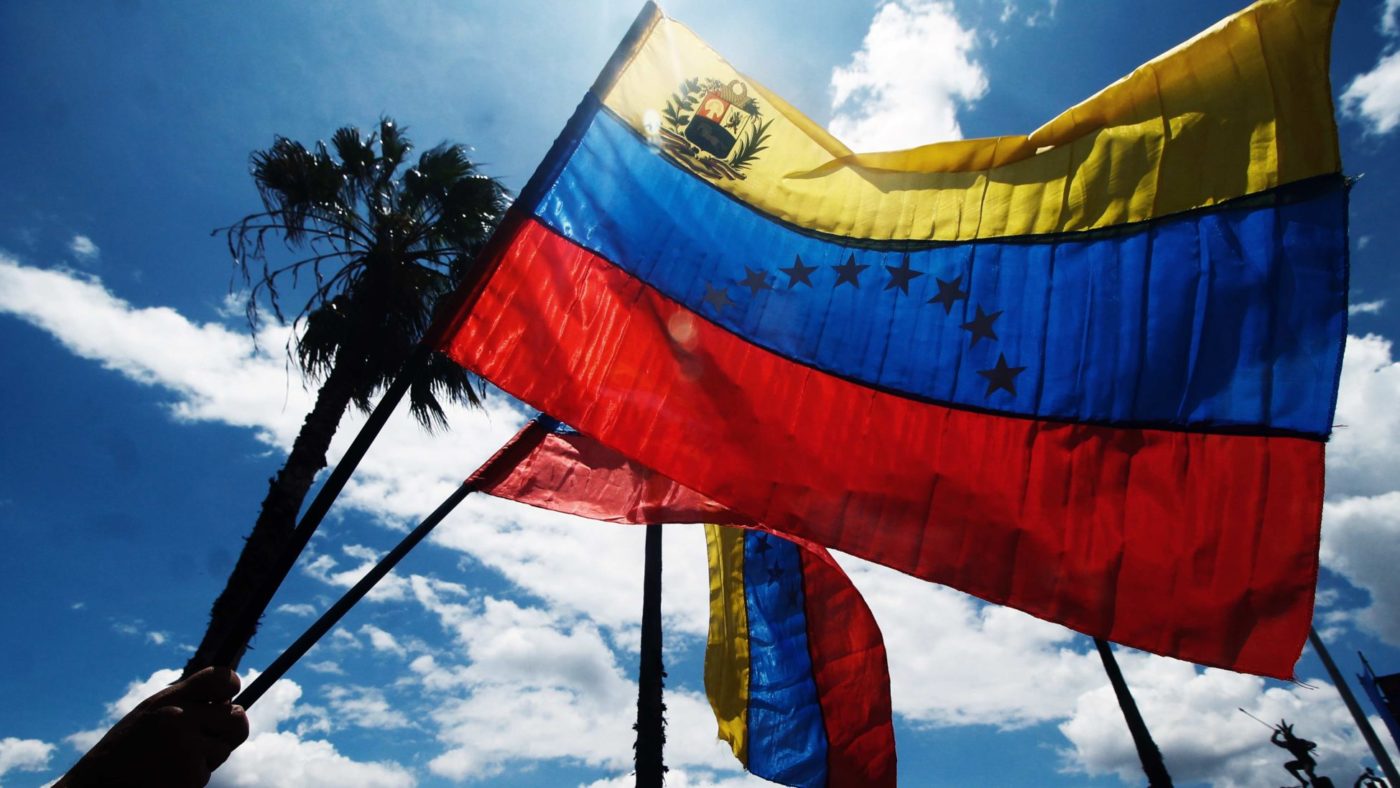This week we’re going international and talking about two connected regimes that have been brought to their knees by brutal authoritarian governments: Cuba and Venezuela.
Boris González Arenas was blocked from leaving Cuba by the Communist regime, so joins us down the line from Havana to talk about the political situation, the centrality of the black market, and his life as a pro-democracy activist.
Diego Moya Ocampos grew up in Venezuela and now works as a political risk analyst at IHS Market in London. Rather than seeing the situation in Venezuela as evidence of the failure of central planning, Ocampos argues that the governing class far more closely resembles a criminal cartel.
On…the political situation on Cuba
The people are waiting for change, but they think that the new President doesn’t hold real power. They think that the real power is still with Raul Castro, who continues as the leader of the Communist Party. We don’t expect to see any reforms until after Raul Castro has died.
On…daily Life
Everyday life you feel the hardship of the regime…The government doesn’t have the capacity to produce the medicines that it used to produce…and it means that people are dying because there are medicine shortages…it is a crime.
On…the black market
The black market is essential for communist economies…without the black market many people can’t eat. The role of the government in these types of economy is to control the black market.
$38-40 dollars a month is the average salary in Cuba. 600MB of data for your phone is $7.
On…Cuba’s links to Venezuela
Cuba is essential to Venezuela. The Cubans are technical advisers in defence and intelligence matters and Maduro trusts his personal security to the Cubans.
The Cubans have an interest in keeping Maduro in power, because at the moment Maduro sends them 60,000 barrels of oil a day.
On… regime change in Venezuela
President Maduro’s regime operates in practice as a drugs cartel, as a criminal organisation.
The key thing is that sanctions on their own are highly unlikely to lead to regime change because President Maduro continues to exercise significant control over the armed forces. In practice the armed forces run the economy, they run oil services, illegal mining, they control ports, airports and some top military commanders are highly involved in drug trafficking. They fear that if Maduro goes down, they go down, so they will continue to block any potential regime change.
Without a credible threat of force, it’s very unlikely that Venezuelans on their own are going to be able to force regime change…There’s much more the international community can do to address the unprecedented situation in Venezuela…it’s a humanitarian crisis driven by a criminal group in charge of the country.


